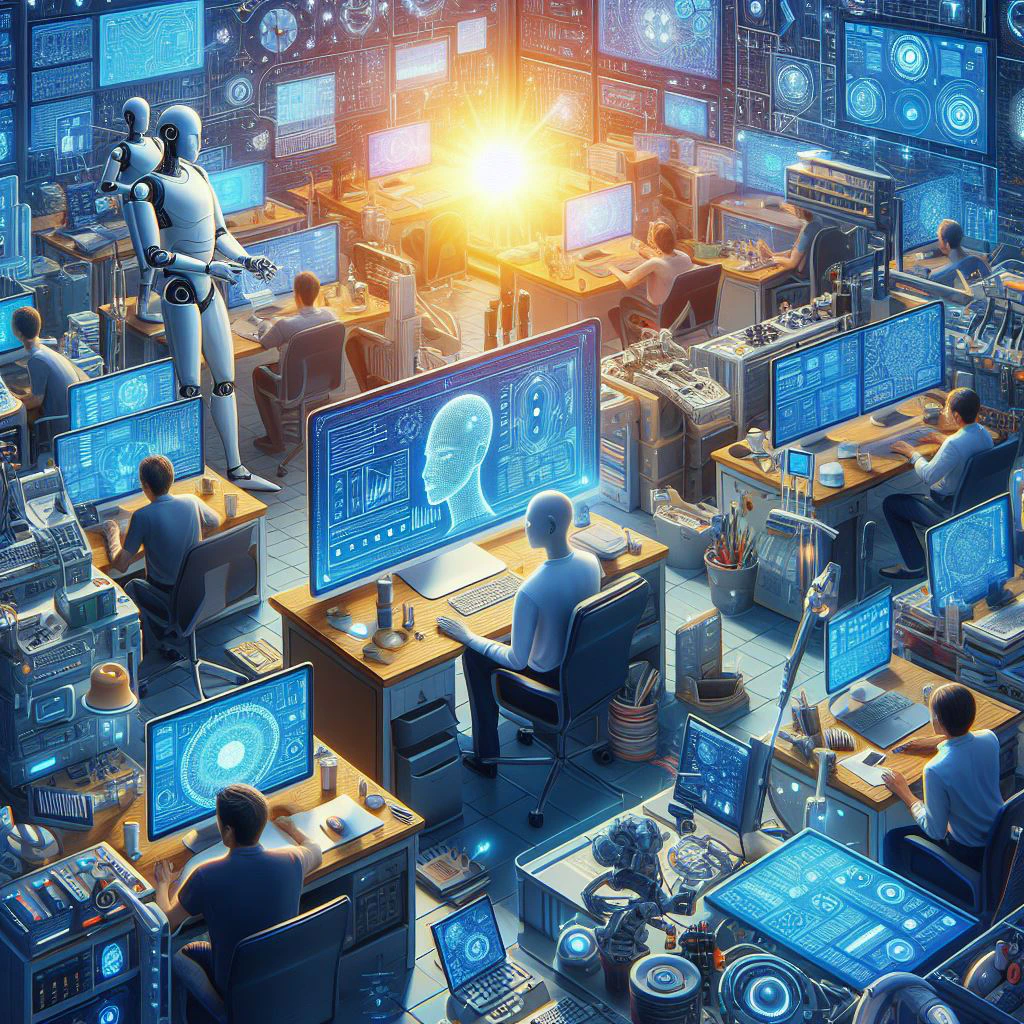People from all walks of life, whether they believe in technology to solve all the problems or not, are still convinced that AI will increase productivity in all sectors. As the productivity gains increase, so obviously human labor will suffer in some industries, if not all. If it is correct, then there are no policy initiatives concrete enough to protect people from exclusion or other uncertainties linked with extensive work dislodgment.
Wealth distribution and getting your share without working
A recent write up from Prof. Eric Posner of Chicago University’s Law School describes the same scenario as described above. He emphasizes that the recent argument about the impact of AI on employment is oscillating between two extremes, one that considers that AI will ruin it for human labor and that wealth, and resources will accumulate only with a wealthier group who own capital, as they will hold all the surplus that was previously shared with labor.
On the other side are those who are optimistic about tech’s brighter side, their idea is also not much different except for the fact that the richer class will be forced to share their resources with others in the form of basic income on a universal scale or similar sharing programs. The author says that this seems to be a perfect scenario for achieving the communist vision of Marx, as everyone will have plenty of freedom and resources. This will be something that planet Earth has never experienced before.

The thing that is common for both of the above scenarios is the possibility that AI will increase productivity on unseen scales, so wealth generation will be easier and quicker. Even the most qualified and highly paid software engineers, pilots, and doctors will be enrolled in welfare or wealth sharing programs with the likes of cashiers and waiters.
Both the thinking groups bring AI down to a political issue. Those who will be left behind will be in larger numbers, so they will force the bigwigs to share their wealth. The reason being that the surpluses from AI will be so high that they will not mind sharing them with the public for social stature or personal peace. And also because the educated class and the political influencers will also join the left behinds for their campaign.
Social issues are far more complex
Posner also raises an important question about the response of people when they realize that they no longer relate in the sense that they cannot contribute with the paid work they were doing previously, both politically and psychologically. This will increase people’s sense of being thrown out of the circle, as labor engagement has also decreased since the 1940s with the advancement of technology.

Because the psychological harm of unemployment is an established fact that is already considered to be significant. And that even after controlling the problems that arise with insufficient income, as unemployment is linked with depression, anxiety, and many other social problems like alcoholism, social withdrawal, and also family structure disruption. Increased suicide rates are also considered to have a link with unemployment.
So a long term challenge does not seem to be solely about wealth distribution, rather, it seems to be more about managing social disbalance and preserving jobs. As it is directly connected with self esteem and a sense of relevance, which are essential for finding the purpose of our existence.
Find the original piece at Project Syndicate.





